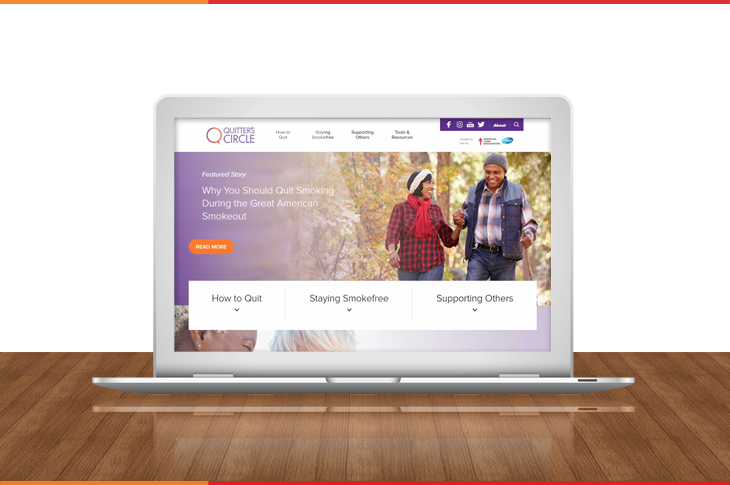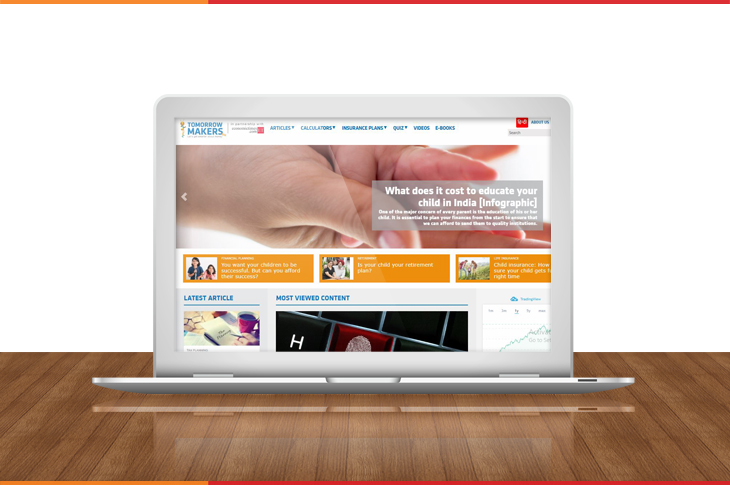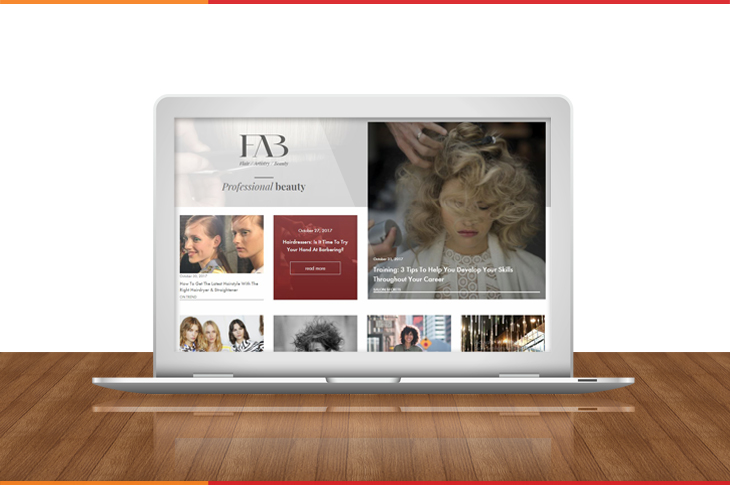Why you need a non-branded content platform

Consumers want information and not the promotion. More than 615 million devices are using Adblock now, with India being the largest user. People want their questions answered rather than lose it in the sales pitch. This is the sweet realisation that’s inspiring more and more CMOs to try content marketing. But an audience so averse to advertising might not like to see your brand all over the content they are consuming. And this is where a non-branded content platform could come in.
Why a non-branded content platform?
Dispels the thought of bias

Unlike branded platforms, it doesn’t give your consumers the idea that the content might be biased towards your product. Think about it – doesn’t matter how important an information a content piece is carrying, if you see a popular company or a product’s name there, you may think it is trying to sell something. On the other hand, a platform with a brand-free name can talk about the same topic and even mention the product without raising the consumer’s sceptic eyebrow.
Take Tomorrow Makers for example. Though owned by Aegon Life, you won’t find that out unless you deep-dive with a team of four. With personal finance as its umbrella theme, insurance, the product offered by Aegon Life, is but one of many content pegs.
Gives your brand a blank slate

Secondly, a non-branded content hub can give you a fresh start. No company is safe from making a poor marketing decision, but that should not tarnish its reputation forever. Whether you are trying to gain back the trust of your consumers tired of too much promotional content or trying to dissociate your brand from its current perception, a non-branded content platform can be a big help here.
One great example of this is Fab Beauty by L’Oreal, world’s third-biggest marketer. A brand known to have worked with the biggest fashion icons and celebrities around the world turned 180 degrees and came up with Fab Beauty, a low-key platform to promote beauty itself.
Helps you reach a wider audience
Since it’s not about a particular company or product, it can talk about a wider array of topics, giving you bigger audience base. Not just that, even the creators have the liberty to go broad with their conversations and talk about things that they could never have under a brand’s banner. And since your content would not talk about a certain product but the whole category, it can also appeal to the people loyal to your competitors.
So, who should go for a non-branded content platform?
- Brands who want to focus more on the quality of content
- Brands who want to dissociate from current perception
- Brands who want to have conversations that do not pertain to their product
- Brands who want to promote and generate interest in the category
Whether you go for the brand name or anonymity, it depends on the needs and the current position of your brand. If you want to have honest conversations without appearing biased or want to target an audience your main website doesn’t, then a non-branded platform might be what your content needs.
